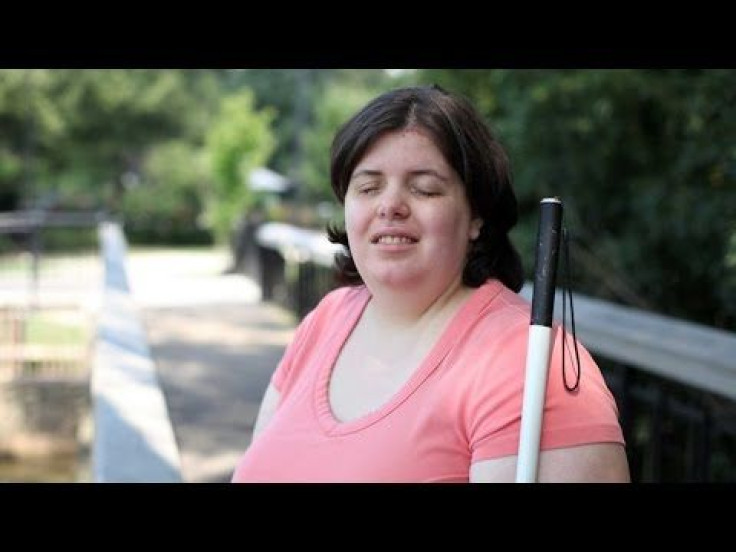What is Body Integrity Identity Disorder And Why Did It Make A Woman Blind Herself?

Voluntarily choosing to lose your sight is a decision that few of us could make, but for Jewel Shuping, it was the only one she felt was right.
Now she's taken her story public in order to help people comprehend that decision, as well as reach out to others who might be dealing with the same sort of pain she once knew intimately.
“I don’t think I’m crazy, I think I have a disorder,” explained Shuping in a video interview with Barcroft TV. “BIID (body integrity identity disorder) means that you have a need to be disabled in some way. In my case, it was a need to go blind.”
More often associated with the desire to amputate or paralyze yourself (the former condition also referred to as xenomelia), BIID isn’t officially recognized as a disorder by the Diagnostic and Statistical Manual of Mental Disorders (DSM), though it is acknowledged. According to a 2012 PLOS ONE paper, it’s “a rare, infrequently studied and highly secretive condition in which there is a mismatch between the mental body image and the physical body.”
That rarity and secrecy has additionally made it difficult for sufferers to find any suitable solution to their aching pain. For Shuping, she claims that it was unbearable enough that she repeatedly tried to blind herself throughout her life, first by staring intensely into the sun as a child, and eventually by recruiting a psychologist to pour drain cleaner into her eyes when she was 21 years old — an excruciating process that took six months to fully take her sight. Up until then, she had pretended to go blind, even going so far to fully understand braille.
Nine years later and now fully integrated into the blind community, Shuping ultimately feels that it was a worthwhile decision, though one that she wouldn’t necessarily recommend for everyone with BIID.
“These days, I have no regrets. I’m very happy as a blind person. If someone is out there with the same feelings as I had, I would say don’t go blind the same way I did,” Shuping concluded. “If you feel that you have to, at least talk to a psychiatrist — try to get somebody who knows what they’re doing to help you. Don’t do it for yourself, because it’s dangerous. That’s why I’m getting my story out there to help people understand BIID, and what it is and what it’s not.”



























